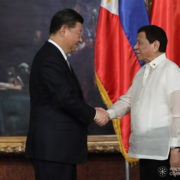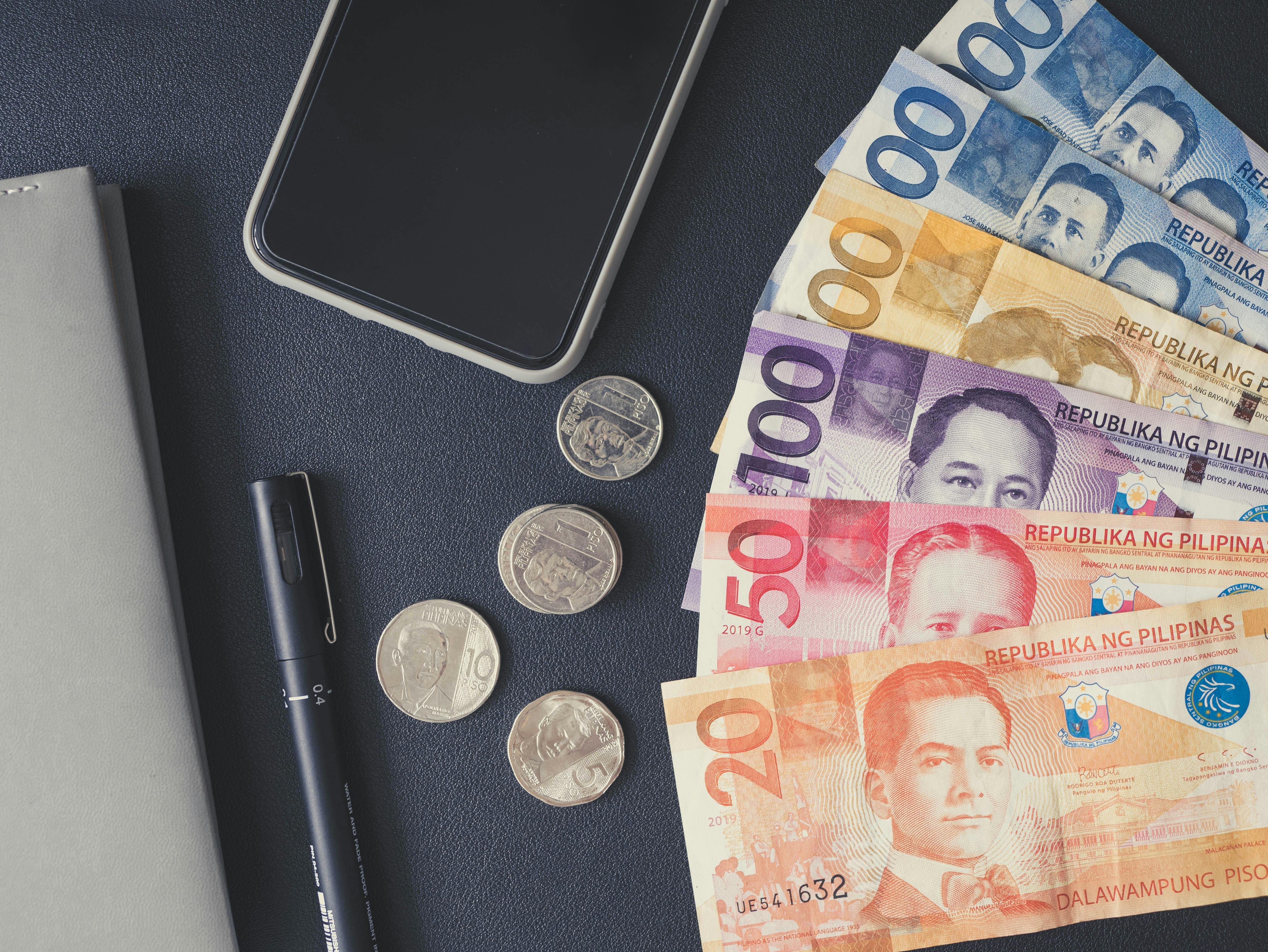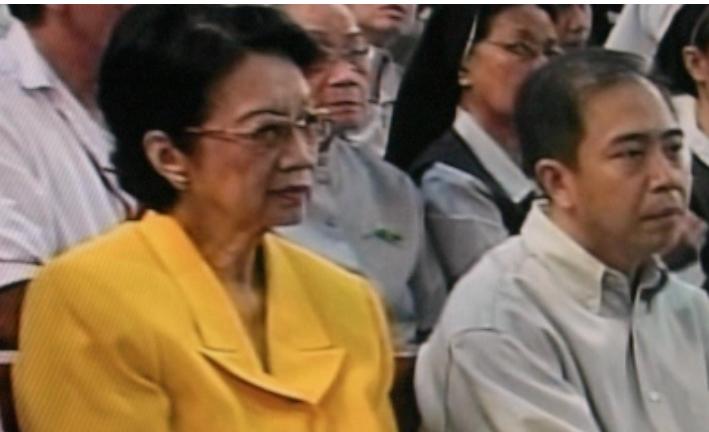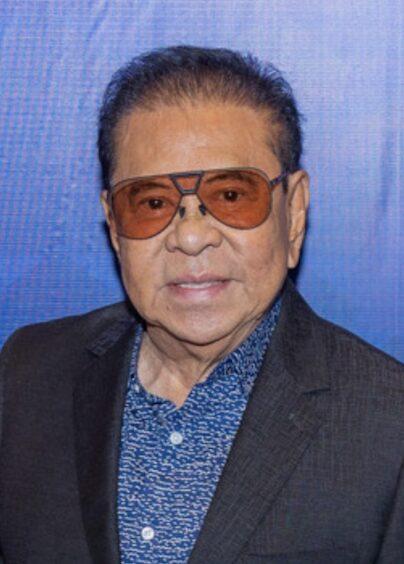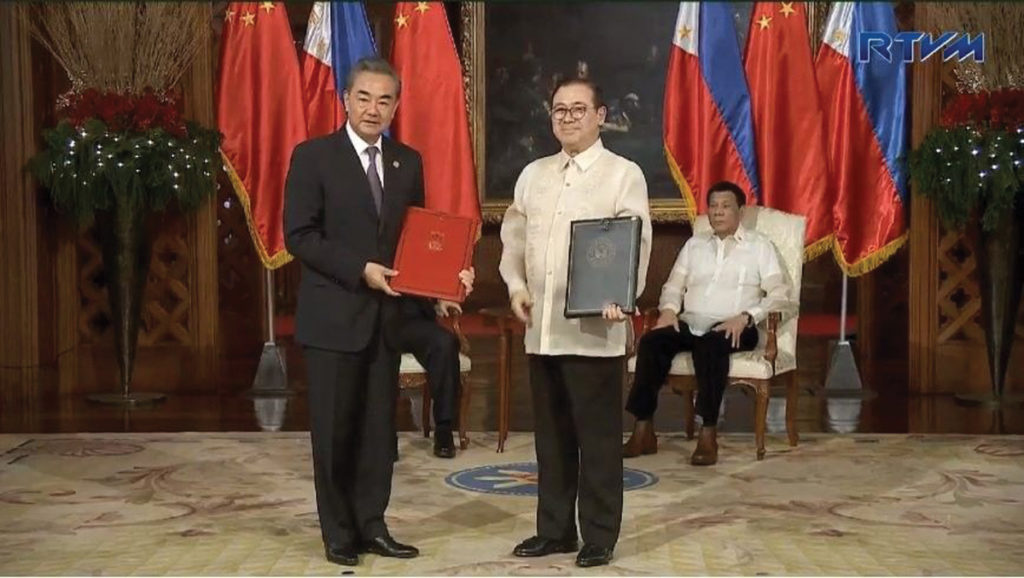
Amid critics calling for transparency, Malacañang has promised it will issue the details concerning the deals signed during Chinese President Xi Jinping’s official two-day visit to the Philippines earlier this week.
On Tuesday, November 20, Xi and Philippine President Rodrigo Duterte signed 29 agreements, concerning oil and gas, trade and investment, banking and finance, infrastructure, agriculture, education, and culture, among others.
Presidential spokesperson Salvador Panelo explained that the Department of Foreign Affairs (DFA) was preoccupied with the activities on the second and last day of the Chinese president’s visit and vowed that they would release such important information as soon as it is completed and validated.
“We assure everyone that the government would release all pertinent information for public consumption once President Xi’s visit has culminated, and as soon as the complete, proper and correct documents become certified and available,” Panelo told reporters on Wednesday, November 21.
Foreign Affairs Secretary Teodoro Locsin Jr. told CNN Philippines that China signed the agreement on oil and gas development he drafted “in an act of trust” and would send copies to Congress by next week.
“China had little time to propose amendments. So it is only polite to ask them — a quality no one is born with but can be bred into. Copies will be with the Senate and House by Monday,” Locsin said on Twitter.
The agreement authorizes “China National Offshore Oil Corporation as the Chinese enterprise of each working group, while the Philippines will authorize other enterprises with service contracts in the area,” the secretary revealed on Thursday. The two countries will have 12 months to reach a cooperation agreement for oil and gas and exploration in the West Philippine (South China) Sea.
Meanwhile, Albert del Rosario, former Foreign Affairs Secretary under the previous Aquino administration, said that the Philippines is “safe” and that “nothing is being giving away” in the cooperation agreement.
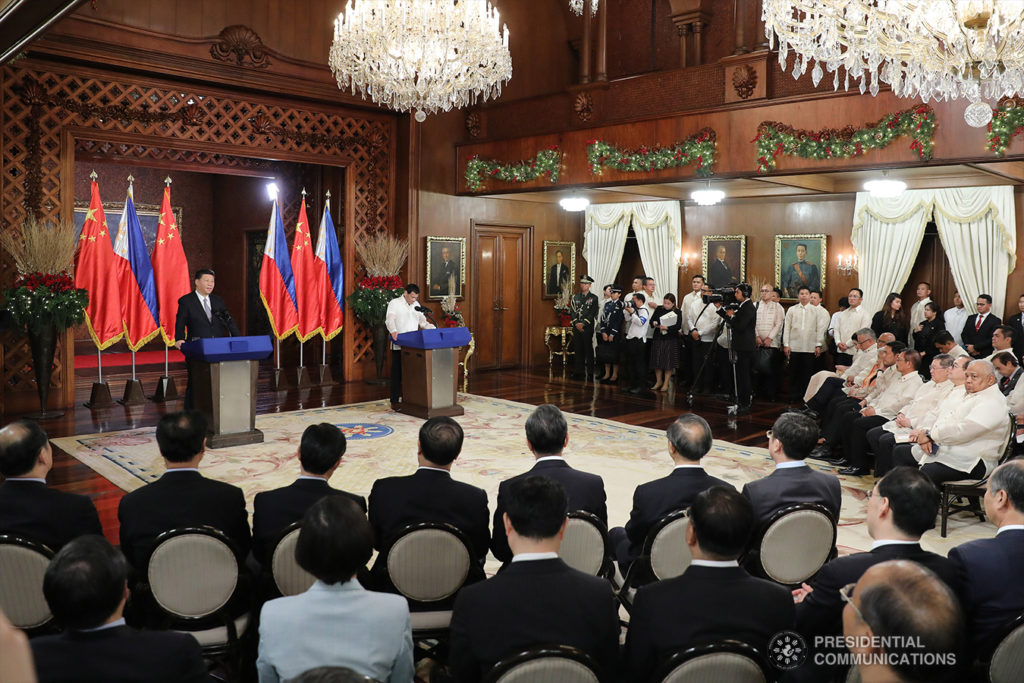
Critics question the deals
The presidential office, earlier claimed that a joint exploration in the West Philippine Sea would be a “welcome gift” for Xi. However, critics aired their disapproval as they sought to read first the agreements involving the two countries before Duterte and Xi sign them.
Senator Antonio Trillanes IV and Senator Francis Pangilinan filed a resolution urging Duterte to release the “definitive draft” of the oil and gas deals with China, along with other agreements involving Philippine natural resources, before signing them.
Panelo responded, saying that it did not matter who made the agreement since the deal would still be scrutinized by the Philippine government. The spokesperson also added that the proposed joint exploration in the South China Sea was legal.
Magdalo party-list Representative Gary Alejano said that Chinese agreements are normally bilateral and secret and target poor countries with authoritarian leaders. He warned that a country like the Philippines should learn from the experience of other countries.
Former solicitor general Florin Hilbay argued that the people have the right to know what goes on in the agreements between the Philippines and China. He said that the public should monitor if the deals are constitutional in nature.
“We need to see the framework of the agreements, is it constitutional? In the development and exploration of natural resources, full control has to be [with] the state. Because the government doesn’t want to show us the contract[s] yet, one of our options as members of the opposition is to file a petition for mandamus,” Hilbay said.
Senate Committee on Social Justice, Welfare and Rural Development Senator Leila de Lima said that the agreements should maintain the best interest of the country. It should also prioritize the needs of its people.
“Considering that the interests of China are totally opposed to ours, especially with respect to the West Philippine Sea issue, the government should always follow the principles of transparency and accountability, which require that the terms of any deal or loan agreement be subjected [to] extreme scrutiny to protect our country’s economy and national security,” de Lima said.
The said opposition leaders said that the deals signed by Duterte must “not contravene sovereign rights and territorial integrity” under the Constitution. It should also consider the Philippines’ legal victory in an international tribunal in The Netherlands that rejected China’s sweeping claim to the whole South China Sea.
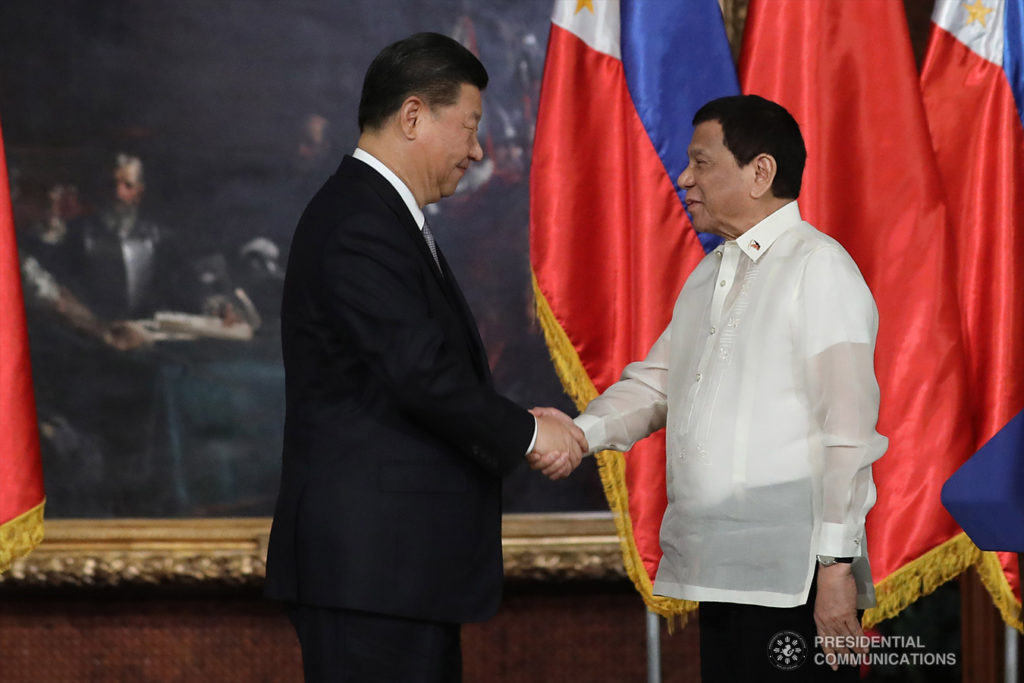
Since taking office in 2016, the Philippines has secured $24 billion in investment and loan pledges from China, but has yet to receive the financing.
“In the past two years, we have worked hard to lay the cornerstones for the continued advancement of our beneficial cooperation in a wide range of areas. There is a deepening trust and confidence [between] our governments, and we have greatly increased dialogue and interaction on many levels,” Duterte said earlier this week.


